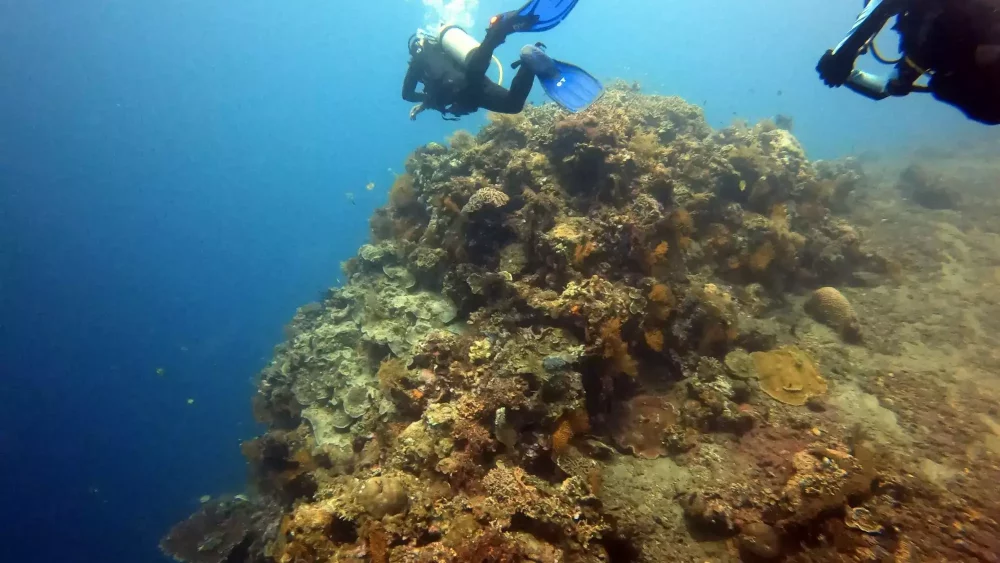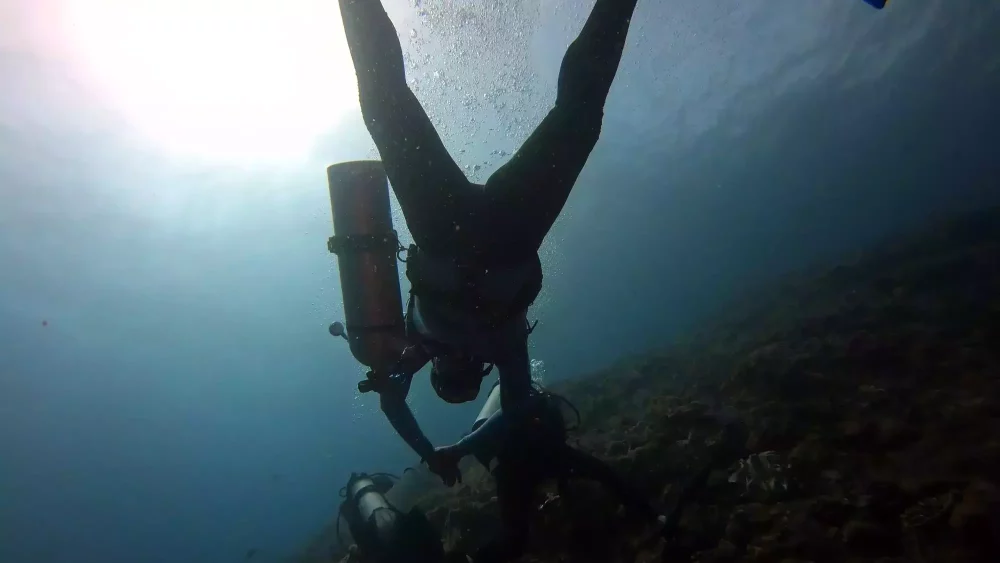As a scuba instructor, you are not just teaching your students to explore the underwater world; you are also their guide to understanding the complex physics that govern the underwater realm. The laws of physics are an integral part of scuba diving, and it’s crucial for scuba instructors to have a solid grasp of these principles in order to ensure safety, facilitate learning, and enhance the overall diving experience for their students.
In this comprehensive guide, we will demystify the world of physics for scuba instructors. We will explore the fundamental physics principles that underlie scuba diving, discuss how they impact various aspects of diving, and provide practical tips for teaching these concepts to your students.
Buoyancy and Archimedes’ Principle
One of the most essential concepts in scuba diving is buoyancy. Understanding buoyancy is vital for maintaining proper control and stability underwater. Archimedes’ Principle explains how an object in a fluid experiences an upward force equal to the weight of the fluid it displaces. In the context of diving, this principle is what keeps divers afloat.
- Teach your students that to be neutrally buoyant, their weight should match the water they displace. This is achieved by adding or removing weight, making adjustments to their buoyancy control device (BCD), and fine-tuning their breathing.
Pressure and Boyle’s Law
Pressure is another crucial concept in diving, and Boyle’s Law helps us understand how it is related to changes in volume. According to Boyle’s Law, as the pressure of a gas increases, its volume decreases, and vice versa.
- Explain to your students that as they descend, the pressure increases, and the air in their tanks compresses, occupying less space. They need to equalize their ears to avoid discomfort or injury.
- Encourage them to monitor their depth and control their descent and ascent rates to manage pressure changes.
Visibility and Light Refraction
Light behaves differently underwater due to refraction, which occurs when light passes from one medium (air) to another (water). This phenomenon causes objects to appear closer, larger, and distorted underwater.
- Train your students to account for light refraction when gauging distances and sizes of objects while diving.
- Highlight the importance of proper underwater communication and hand signals due to potential visibility issues.
Thermodynamics and Thermal Protection
The principle of thermodynamics is relevant when considering temperature changes during a dive. Water conducts heat away from the body up to 25 times faster than air. Hypothermia and hyperthermia can be significant concerns for divers.
- Teach your students about thermal protection, such as wetsuits, drysuits, and exposure suits, and emphasize the importance of choosing the right gear based on water temperature.
- Explain how dive planning should consider the duration of exposure and possible temperature fluctuations.
Gas Laws and Decompression Sickness
Henry’s Law and the gas laws are crucial when discussing breathing gases at different depths. It’s essential for divers to understand how nitrogen and other gases dissolve and come out of solution in their bodies.
- Ensure your students know the importance of dive tables and dive computers in managing dive times and depths to avoid decompression sickness.
- Teach them how to plan safe, gradual ascents, and emphasize the significance of safety stops.
Conclusion
Scuba instructors play a vital role in guiding their students through the physics of scuba diving. By effectively teaching these fundamental principles, you not only ensure the safety of your divers but also enhance their overall diving experience.
Remember to use real-world examples and practical exercises to reinforce these concepts during your scuba instructor training sessions. With a strong foundation in physics, your students will not only become confident divers but also develop a profound appreciation for the underwater world and the science that makes it all possible. Dive in, explore, and impart the wisdom of physics to create safe, skilled, and enthusiastic divers.

